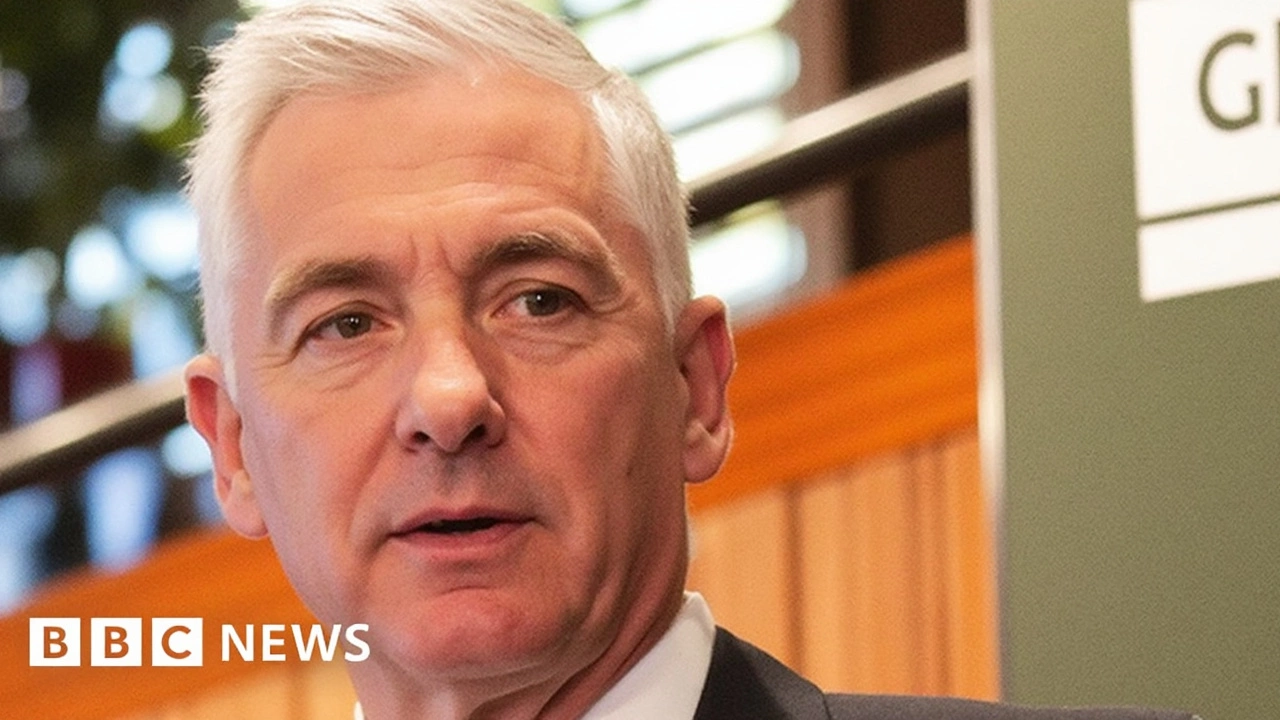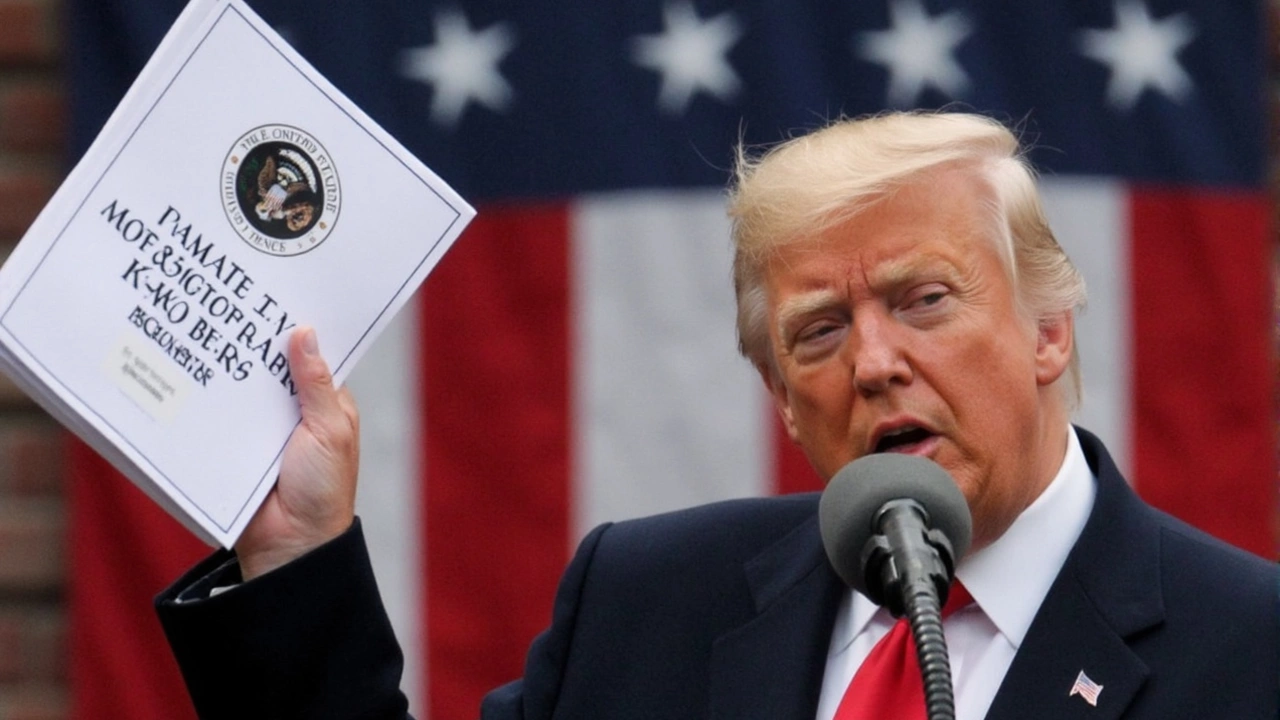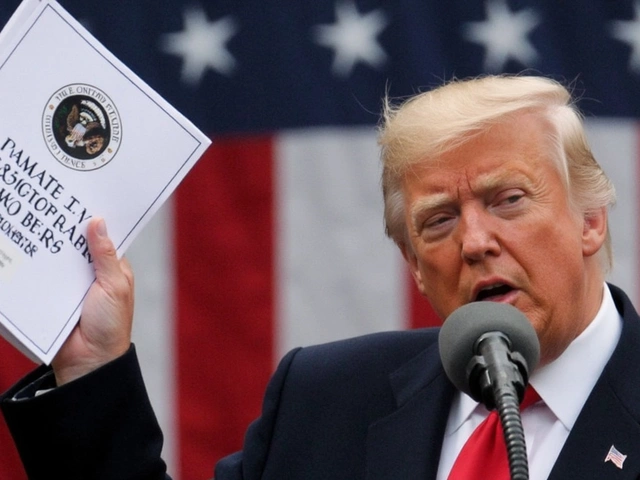Trump's Tariffs: A Shocking Remedy for Trade Imbalances amid Global Anxiety
Trump's Tariff Rationale amid Global Market Downturn
In a move that has left financial markets reeling, President Donald Trump is standing by his recent decision to impose broad tariffs on numerous countries, describing the action as essential 'medicine' for longstanding trade troubles. Announced on April 2, 2025, these tariffs aim to correct perceived global trade imbalances largely benefiting foreign economies at the expense of the United States. Trump likened the measure to taking a tough cure for an ailment, implying that temporary discomfort could lead to healthier trade relations and even surpluses for the U.S. economy.
Despite these confident assertions, market responses have been anything but steady. Japan's Nikkei 225 dropped a staggering 8% almost immediately following the news. Hong Kong's Hang Seng didn't fare much better, losing 9.4%, while China's Shanghai Composite tumbled 6.2%. Back in the U.S., there is a growing sense of unease. However, the president remains adamant, reassuring the public that the turbulence will subside and lead to equitable trade solutions.

Global Reactions and Diplomatic Maneuvers
The shockwaves from these tariffs have led more than 50 nations to reach out to the U.S., seeking ways to either defer or alleviate the economic burden imposed by these duties. Among them are key European and Asian countries, anxious to stabilize their own economic standings.
Israel is notably concerned, with Prime Minister Benjamin Netanyahu preparing to bring this up in an upcoming meeting with Trump due to the newly imposed 17% tariff affecting their exports. Meanwhile, Vietnam, a key player in global manufacturing, is actively negotiating to potentially remove its tariffs entirely in return for a comprehensive trade agreement.
Italian Premier Giorgia Meloni has voiced opposition to the tariff policy, yet she remains committed to protecting industries that could be rendered vulnerable by prolonged trade tensions.
Within the U.S. administration, the tariffs are not viewed as a temporary measure. Commerce Secretary Howard Lutnick has made it clear that these tariffs are here to stay 'for days and weeks,' signifying a strong commitment to restructuring international trade frameworks. This sentiment aligns closely with Trump's campaign promise to tackle what he views as long-standing unfair trade practices.
Though the tariffs could provoke economic shortfalls and diplomatic strains in the short term, the administration sees them as necessary steps towards a level trading field. As other nations ramp up retaliatory tariffs, the resulting pressure might open doors for new, potentially beneficial trade agreements in the future. It's a high-stakes gamble that could either fortify or fracture international economic relations.





